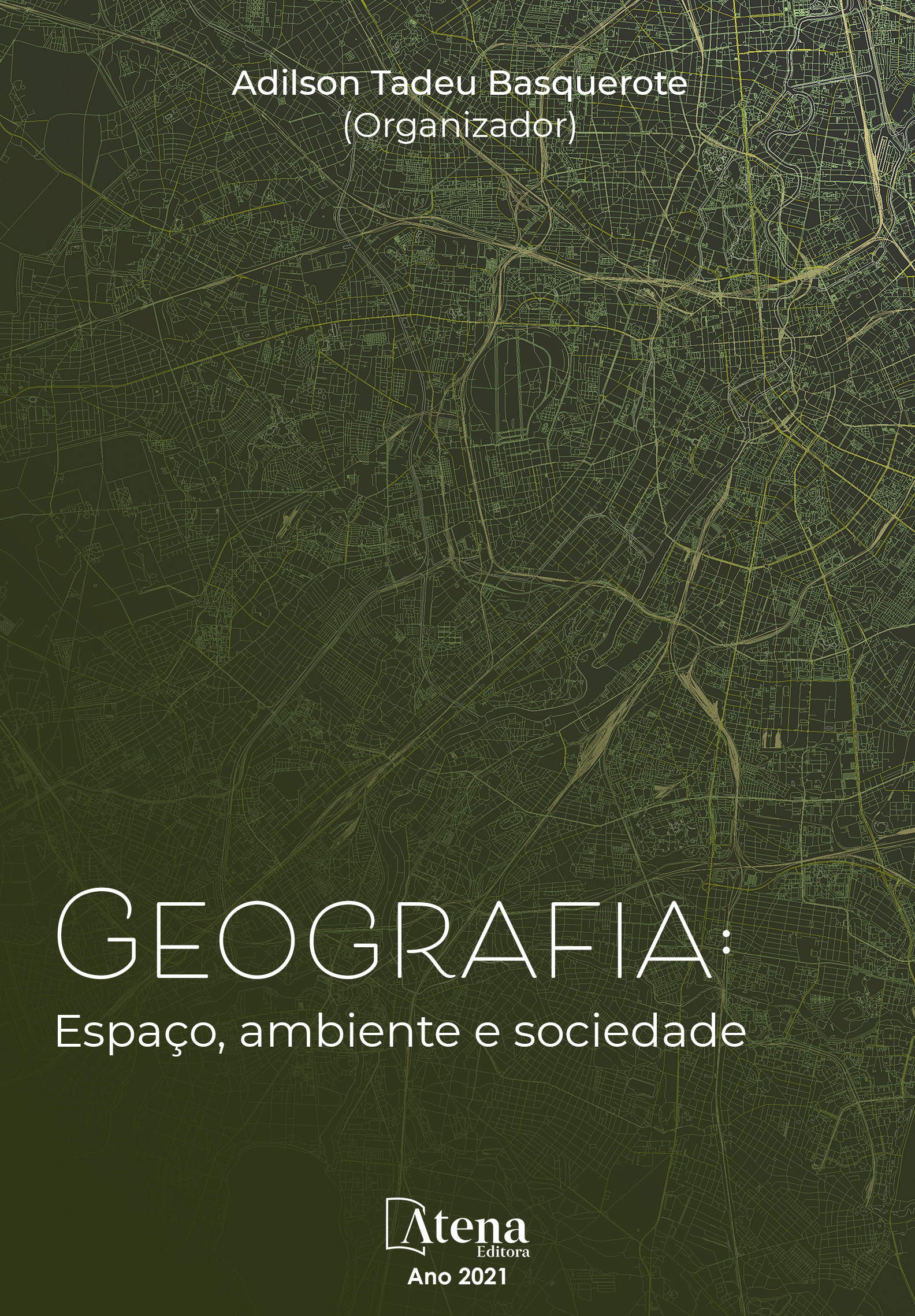
CONFLITOS AGRÁRIOS, VIOLÊNCIA E CRIMINALIDADE: Bravos camponeses e a luta pela(o) terra/território em Balsas no Maranhão – Brasil
Neste trabalho realizamos um levantamento dos conflitos agrários que envolvem camponeses na busca por afirmação cultural e territorial, que resistem em seus territórios e os grandes produtores de grãos, tendo como cenário o município de Balsas – MA. Os conflitos aqui analisados têm sua gênese ligada às políticas de povoamento e incentivos agrícolas efetivadas pelos governos militares no período de 1970, quando Balsas recebeu um grande número migrante vindos do sul do país, os quais trouxeram consigo a “cultura da soja” e na região encontraram apoio para desenvolver seus projetos econômicos. A partir de então instalam-se novos e mais complexos conflitos socioespaciais que permanecem até os dias atuais, pois as atividades desempenhadas pelos produtores de soja nem sempre têm sido executadas com os melhores critérios do ponto de vista de preservação da natureza e da valorização da territorialidade preexistente, o que de certa forma, contribui para criar novos conflitos além do agravamento daqueles que já se faziam presente, como por exemplo o acirramento das mazelas urbanas ao impelir os camponeses em direção a cidade. Fato esse que contribuiu para o agravamento da realidade socioeconômica dos camponeses, que pressionados pela grande massa de produção mecanizada, são inviabilizados de manter seu modo de vida e a forma de uso da terra. Contudo os camponeses balsenses têm se articulado entre si e com entidades que os apoiam, e assim, vem resistido bravamente para manter suas tradições e autonomia, frente a esse novo cenário no município.
CONFLITOS AGRÁRIOS, VIOLÊNCIA E CRIMINALIDADE: Bravos camponeses e a luta pela(o) terra/território em Balsas no Maranhão – Brasil
-
DOI: 10.22533/at.ed.84721141211
-
Palavras-chave: Conflitos agrários, Camponeses, Agronegócio.
-
Keywords: Agrarian conflicts, Peasants, Agribusiness.
-
Abstract:
In this work we carried out a survey of agrarian conflicts that involve peasants in the search for cultural and territorial affirmation, who resist in their territories and the large grain producers, against the backdrop of the municipality of Balsas – MA. The conflicts analyzed here have their genesis linked to the settlement policies and agricultural incentives implemented by the military governments in the period of 1970, when Balsas received a large number of migrants from the south of the country, who brought with them the "soybean culture" and in the region found support to develop their economic projects. Since then, new and more complex socio-spatial conflicts have arisen that remain to this day, as the activities carried out by soy producers have not always been carried out with the best criteria from the point of view of nature preservation and territoriality valorization preexisting, which in a way, contributes to creating new conflicts in addition to the aggravation of those that were already present, such as the intensification of urban ills by pushing peasants towards the city. This fact contributed to the worsening of the socioeconomic reality of the peasants, who, under pressure from the large mass of mechanized production, are unable to maintain their way of life and the way they use the land. However, the Balsense peasants have articulated among themselves and with entities that support them, and thus, they have been bravely resisting to maintain their traditions and autonomy, in view of this new scenario in the municipality.
-
Número de páginas: 14
- Eliezer Henrique da Silva Sousa
- Ademir Terra
- Vanderson Viana Rodrigues


